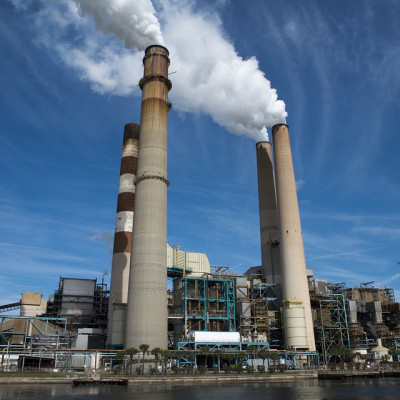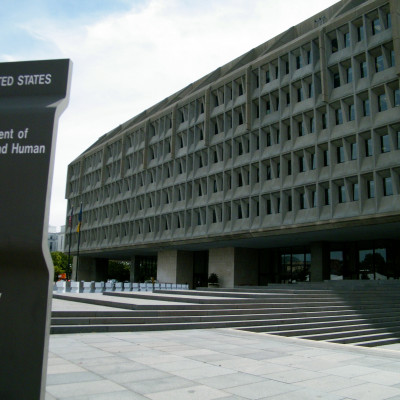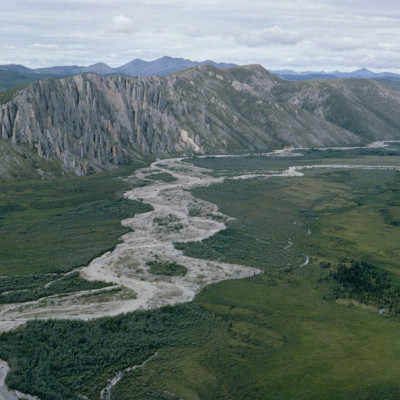March 31, 2019
March 2019 at Policy Integrity
- New Report: State Opportunities for Valuing Climate Impacts
- Tracking Deregulation and Its Impacts
- Court Decision Calls for Better Climate Impact Analysis
- Colorado Senate Testimony
- New Op-Eds on Women’s Health Services, EPA’s Reckless Rollbacks
- Oil & Gas Leasing in the Arctic
- Published this Month
- Harmful Changes to Power Plant Pollution Rules
-

New Report: State Opportunities for Valuing Climate Impacts
With an absence of federal leadership on climate change, many states have worked to reduce greenhouse gas emissions on their own, often by incorporating a broader range of considerations into electricity policy. Our report assesses the potential to expand the valuation of climate damages in state electricity policy using Social Cost of Carbon metrics. The report examines existing statutes and regulations in all 50 states to identify opportunities for valuing climate impacts around the country.
Iliana Paul and Denise Grab also published a piece in The Conversation outlining different ways states and utility regulators can account for the climate impacts of electricity generation.
-
Tracking Deregulation and Its Impacts
Since early 2017, numerous environmental rules have been the subject of the Trump administration’s deregulatory agenda. Our new tracking resource tallies the benefits to public health and the environment that are threatened by regulatory repeals, delays, and revisions. We compile the types of benefits at risk, monetized gross and net benefit estimates, and other unquantified effects of targeted rules. In total, we find potentially hundreds of billions of dollars in public benefits at risk. A recent article in E&E News highlights the resource.
We are also continuing to follow the outcomes of deregulatory litigation in the courts. Most recently, our roundup has been cited by The Washington Post and a report on Trump’s deregulatory record co-authored by John D. Graham, the former administrator of the Office of Information and Regulatory Affairs during the George W. Bush administration. Our analysis shows that the Trump administration has won less than six percent of these cases, which stands in contrast to the government’s usual win rate of about 70 percent.
-

Court Decision Calls for Better Climate Impact Analysis
A federal judge ruled that the Bureau of Land Management did not adequately quantify the climate impacts of a number of Obama-era oil and gas leases. Richard Revesz discussed the decision in The New York Times, explaining: “What this decision says is, in evaluating the environmental consequences of the lease, an agency has to look not just at the consequences of the impacts immediately surrounding the lease but also the consequences down the road of burning the fuel once it’s extracted. That’s enormously important.”
-

Colorado Senate Testimony
Colorado is considering a major overhaul of its electric resource planning rules and renewable energy standards. Jason Schwartz recently provided testimony in a Senate hearing on the reauthorization of the state’s Public Utilities Commission as part of this overhaul. Schwartz spoke about a possible requirement for the PUC to monetize climate damages using the Social Cost of Carbon.
-

New Op-Eds on Women’s Health Services, EPA’s Reckless Rollbacks
Jack Lienke published an op-ed in the Los Angeles Times about a set of onerous new restrictions on participants in the federal Title X program, which funds free or low-cost family planning services for millions of women each year. Lienke criticizes the Department of Health and Human Services for failing to acknowledge harms that the new requirements will impose on low-income women by reducing their access to affordable healthcare.
Another critical rule, the Obama-era Mercury and Air Toxics Standards, is also under threat due to a new EPA assertion that regulating these hazardous emissions from power plants is not “appropriate and necessary.” Natalie Jacewicz and Richard Revesz published an op-ed in The Hill detailing the faulty methodologies in the agency’s analysis. They warn, “When agencies cannot find justifications for their decisions, they sometimes invent them. The results can be both bizarre and dangerous.”
-

Oil & Gas Leasing in the Arctic
The Bureau of Land Management prepared an environmental impact statement for an oil and gas leasing plan within the Arctic National Wildlife Refuge Coastal Plain. We submitted comments explaining how fossil fuel extraction in ANWR would pose serious threats to a delicate ecosystem and would contribute significantly to climate change. Our criticism focuses on the methodological flaws in BLM’s analysis and its failure to consider viable leasing alternatives. We also submitted joint comments with leading environmental organizations that discuss the agency’s failure to monetize climate damages.
-
Published this Month
Peter Howard and Michael Livermore published “Sociopolitical Feedbacks and Climate Change” in the Harvard Environmental Law Review. Their article investigates feedbacks that occur when climate change affects the social or political processes that make mitigation and adaptation possible, which in turn worsens future climate damages. Howard and Livermore use data on participation in environmental agreements to explore this phenomenon.
-
Harmful Changes to Power Plant Pollution Rules
EPA recently proposed a significant weakening of greenhouse gas emissions standards for new coal-fired power plants. We submitted comments focusing on flaws in the proposal and accompanying regulatory impact analysis.

